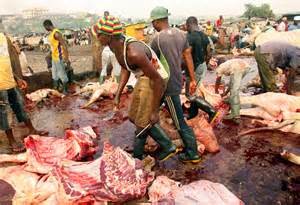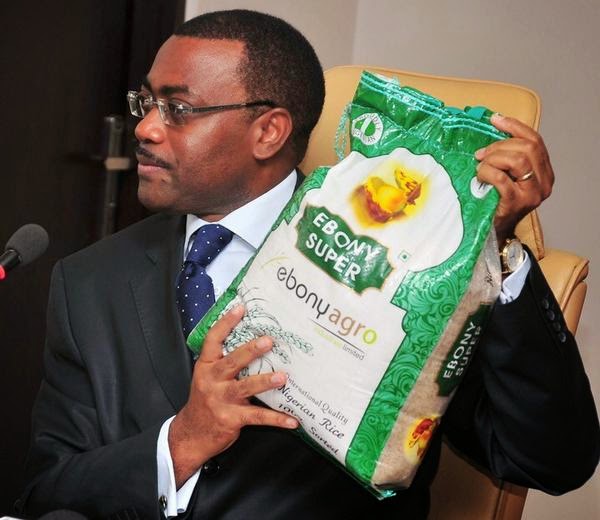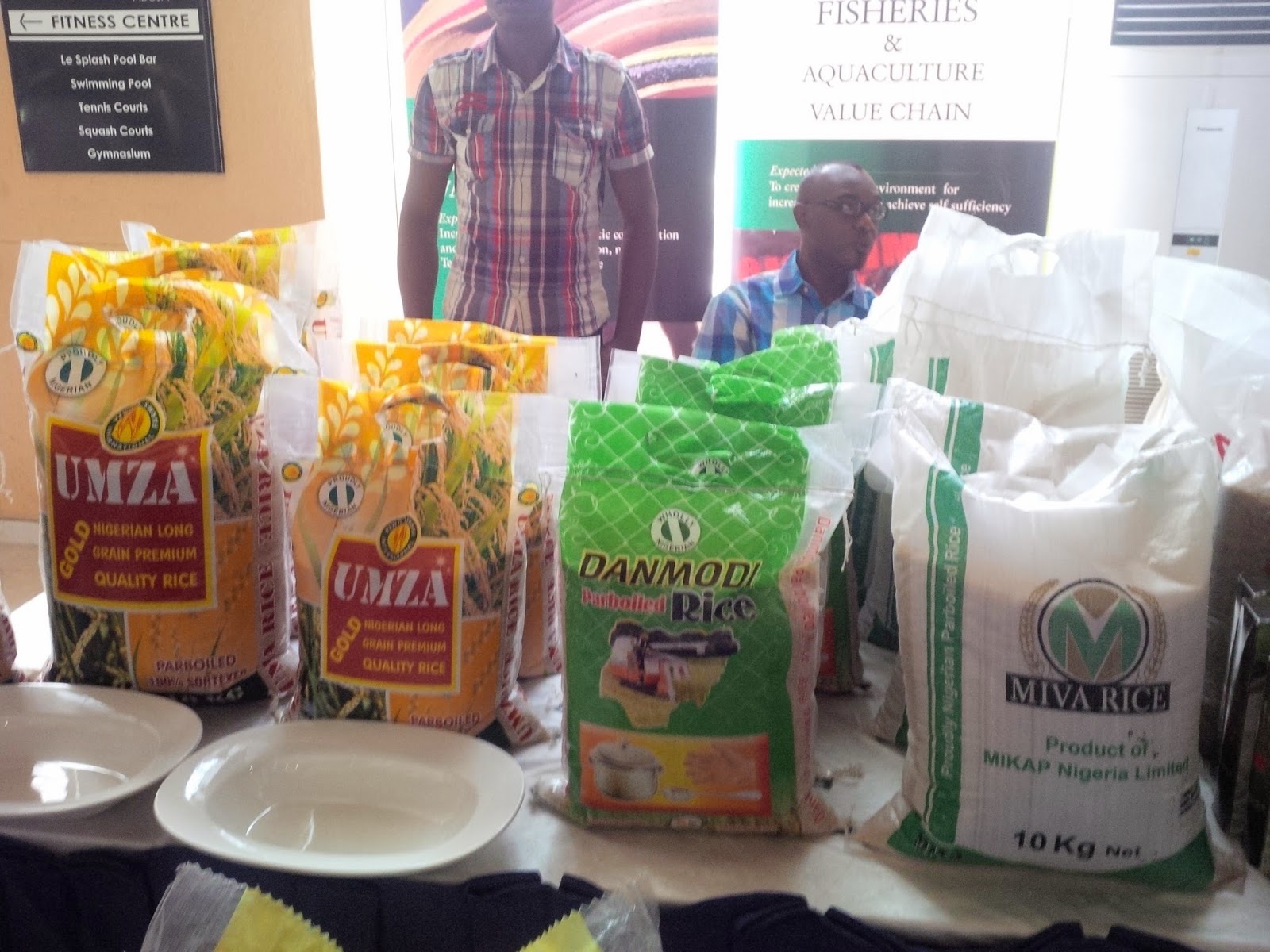 |
| Gov. B. R Fashola |
Climate change is a phenomenon that has remained a major
challenge to human survival and will therefore require an all encompassing strategy to mitigate it.
Governor Babatunde Raji Fashola stated this at the 7th climate change summit in Lagos
last week. He disclosed that different policies have been put in place by
successive administrations in the State to ensure a sustainable environment &
livelihood; including the Eko Atlantic project initiated by the State former governor, Senator Bola Tinubu.
 |
| Lagos Flood |
Specific efforts made to combat
climate change and militate against it effect include the tree planting
programme, establishment of climate change Club in schools, advocacy, better
waste management and improved transportation system. The project was aimed at curbing the loss of
properties and destruction of public infrastructures due to the effect of the phenomenon.
 |
| Gas Polution |
The Lagos island independent power plant, Lekki independent power plant, mainland independent and Alausa independent power plants have all cut down the use of diesel generator, thereby reducing carbon emission into the environment.







